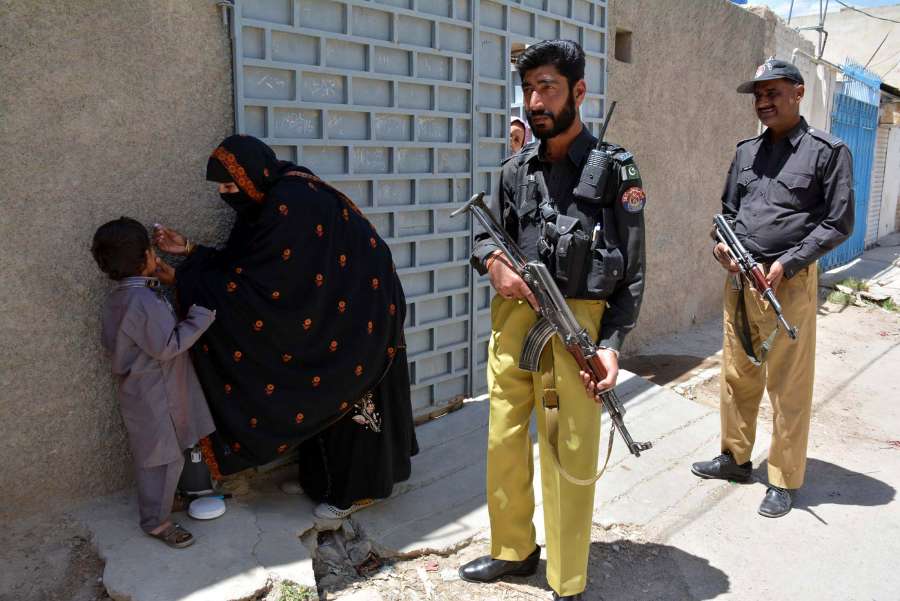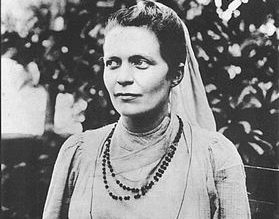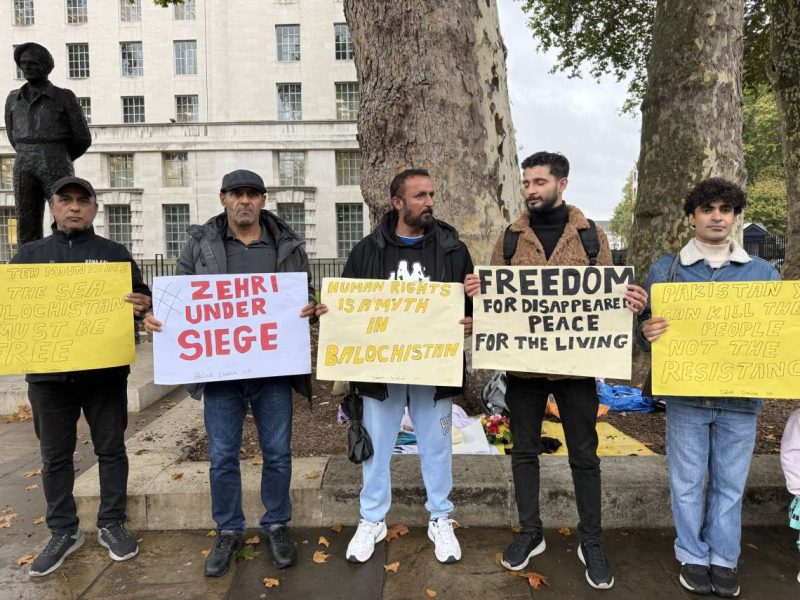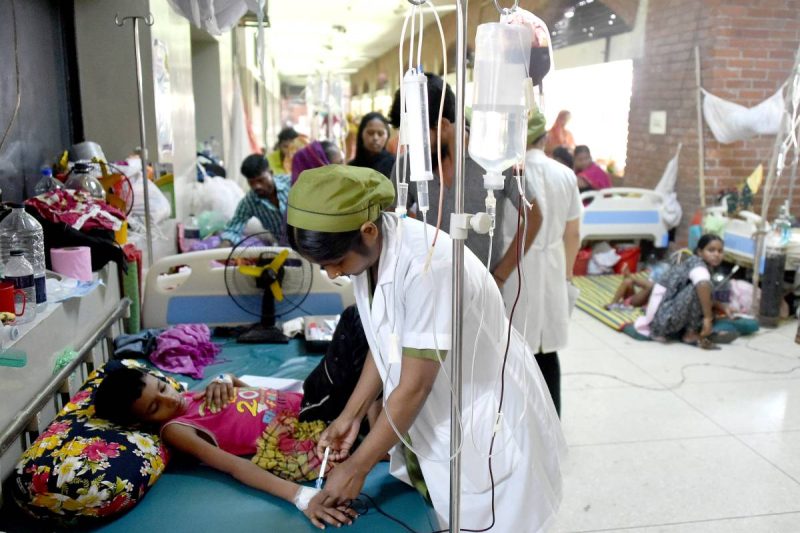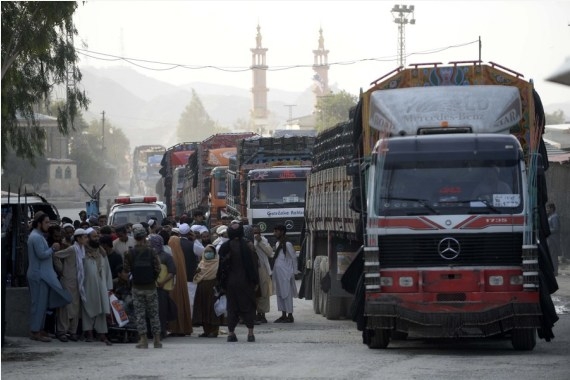The global mission to eradicate polio forever is at stake as health workers continue to face attacks in Pakistan. In the early 1990s, polio paralyzed approximately 20,000 Pakistani children each year. In 2022, North Waziristan, which shares a border with Afghanistan, reported 16 out of the 18 polio cases in Pakistan. This ambitious endeavour aims to reach a staggering target of immunizing 23.8 million children against the highly contagious poliomyelitis virus. Here is a special report on the situation
Myths and conspiracy theories about the vaccine are widespread in Pakistan, leading people to believe that the polio vaccine is a Western intervention to sterilize the population or that taking the vaccine is haram, meaning it is forbidden for Muslims by Islamic law. Consequently, these inputs have sparked attacks on healthcare professionals and security forces accompanying them, killing dozens of people in previous years and hampering eradication efforts
Tragedy struck on May 19 when a heinous attack targeted a polio vaccination team in the rural outskirts of Mastung district, located in Balochistan province. Regrettably, this horrific incident claimed the life of Constable Shahzad Ahmad Bangalzai, a police officer who had devoted himself to safeguarding the public health service.
This attack specifically aimed at a group of dedicated female workers, whose noble mission of eradicating polio from their community was met with unwarranted violence. Despite the officer assigned to protect the anti-polio team, his life was cut short in the line of duty. Nevertheless, the members of the anti-polio team themselves remained unscathed.

Sadly, the sub-national polio vaccination campaign was recently begun in Pakistan, spanning from May 15-21, 2023, encompassing all districts where children under the age of five were to receive essential polio drops. The ambitious endeavour aimed to reach a staggering target of 23.8 million children, providing them with vital immunization against the highly contagious poliomyelitis virus. This pernicious viral disease is primarily transmitted through faecal-oral means or, in rarer instances, via droplets expelled by an infected individual or through contamination of shared resources such as water or food. While many cases of polio may remain asymptomatic, the virus possesses the grave potential to induce paralysis or even claim lives, underscoring the urgency and importance of effective immunization efforts.
Polio paralyzed about 20,000 Pakistani children a year in the early 1990s. North Waziristan bordering Afghanistan, reported 16 of the 18 cases of polio in Pakistan in 2022, with the other two cases found in Lakki Marwat, also in Khyber-Pakhtunkhwa. The contagious virus thrived in the borderlands between Pakistan and Afghanistan where militants attacked and even killed anti-polio teams. For instance, on November 30, 2022, a suicide bomber rammed a police escort for a polio vaccination team in Quetta, the provincial capital of Balochistan, killing four people and injuring more than 30. Tehreek-e-Taliban Pakistan (TTP) claimed responsibility for the attack. Meanwhile, the Khyber Pakhtunkhwa government has postponed the anti-polio campaign for a week in May 2023, due to the ongoing law and order situation.
Since 1988 with the launch of the Global Polio Eradication Initiative, wild polio cases all over the world have dropped by more than 99 per cent, from an assessed 350,000 cases to six reported cases in 2021. Two of the three strains of wild poliovirus have been eradicated, while the third remains endemic in only Pakistan and Afghanistan. The situation was further aggravated by the COVID-19 pandemic. COVID-19 contributed to the increase in both wild polio and circulating vaccine-derived poliovirus type 2 (cVDPV2) with acute flaccid paralysis (AFP) cases, because vaccination campaigns were stopped as the health authorities’ focus shifted to stopping the spread of coronavirus. As a result, in 2020, 56 cases of wild polio were reported in neighbouring Afghanistan, compared to 29 cases in the preceding year. The second half of 2020 was a period of intensified polio transmission in Pakistan as well, and the country’s surveillance system was sternly affected. In Africa also, Mozambique recorded eight cases in 2022; which were unfortunately linked to a strain that circulated in Pakistan in 2019.
A recent survey conducted by National Emergency Operations Centre (NEOC) regrettably, confirmed the presence of poliovirus in sewage samples collected from 12 cities of Pakistan, including Sukkur, Rawalpindi, Lahore, Mardan, Peshawar, Bannu, Kambar, and Hyderabad. Polio has long been an epidemic in Pakistan, and efforts to eradicate it have been ongoing, with vaccination campaigns playing a crucial role. Unfortunately, these initiatives have been met with opposition and violence in certain sections of the country, motivated by “misconceptions and mistrust.”
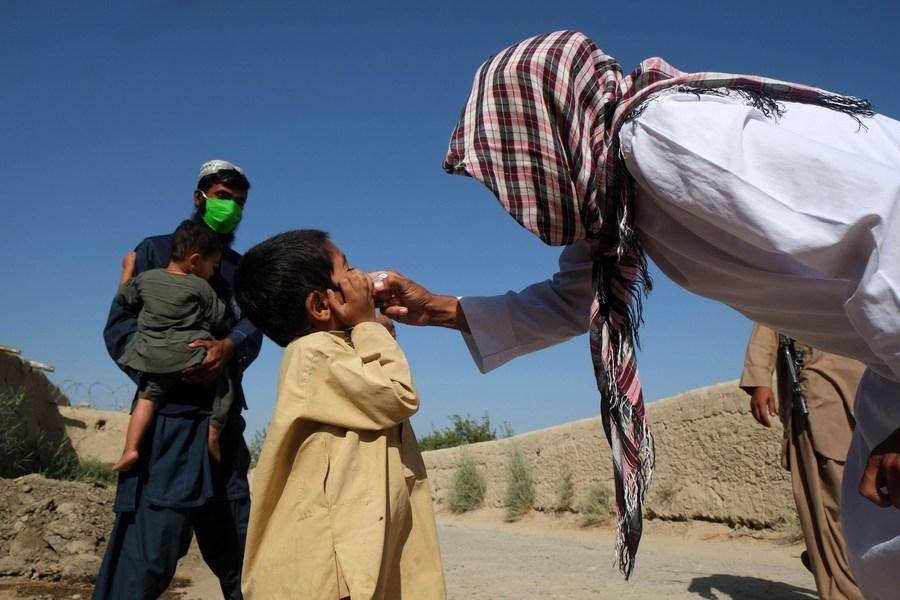
The frequency of attacks against polio vaccination workers and teams is a distressing reality in Pakistan that cannot be ignored. No one involved in these vital inoculation efforts remains untouched by the looming threat. Both the vaccinators themselves and the security forces assigned to protect them find themselves in perilous circumstances, as aforementioned in the incidents. What would be a routine job in other nations has transformed into an exceedingly hazardous endeavour within the borders of Pakistan, necessitating the indispensable presence of armed forces to ensure the safety and efficacy of vaccination operations. Shockingly, the toll of lives lost in the pursuit of polio eradication exceeds 200, encompassing not only male and female workers but also members of the police force and other security personnel. The magnitude of casualties is disheartening.
In addition to this, reports indicate that numerous cases of verbal and physical abuse have occurred in Karachi and in northwestern areas of the country. The gravity of the situation is underscored by the unfortunate revelation, as of September 2, 2022, that a significant number of attacks and murders targeting health workers have gone unreported by the local press in Pakistan, which seemingly shies away from covering news related to the vaccination campaign.
The polio vaccination drive has in a way, divided Pakistan into conservative and moderate people. Many polio workers and their guards have been killed by militants in Pakistan over anti-vaccine sentiment, which includes the belief that the vaccines contain pig fat. Moreover, hostility grew after the CIA staged a fake vaccination drive to help track down al-Qaeda founder Osama Bin Laden in Pakistan. There is an absence of awareness of the dangers of polio, and false religious beliefs are quite common in northern areas of Pakistan, especially in cities near the Pakistan-Afghan border. Most of the population is not familiar with the consequences and transmission dynamics of poliovirus.
Certain areas in Pakistan also lack effective water and sanitation infrastructure, subsequently in a breeding ground for viruses. Moreover, myths and conspiracy theories about the vaccine are widespread in some regions, leading people to believe that the polio vaccine is a Western intervention to sterilize the population or that taking the vaccine is haram, meaning it is forbidden for Muslims by Islamic law. Consequently, these inputs have sparked attacks on healthcare professionals and security forces accompanying them, killing dozens of people in previous years and hampering eradication efforts. Such antagonistic attitudes toward polio vaccinators and misconstructions about religion and the polio vaccine may turn out to be a foremost public health challenge of the century because the rest of the world had been declared polio-free and Pakistan may become a source of its transmission to other parts of the world.
To be considered polio-free at the official level, a country must show an absence of wild poliovirus transmission for at least three consecutive years, according to the Global Polio Eradication Initiative. However, detection of the poliovirus does not specify community transmission but indicates that unvaccinated or under-immunized children carrying the virus travelled outside an area where the virus was in circulation, as happening in Pakistan, year after year.
Such pervasive hostility and the consequential silence surrounding these incidents pose significant barriers to progress in combating polio. Urgent measures are required to safeguard the lives of those on the front lines of this critical battle against the disease. It is imperative that the international community, academic institutions, and governmental bodies collaborate to shed light on these atrocities, raise awareness, and implement strategies to address the underlying issues that fuel the violence.
Only through concerted efforts and resolute commitment can we hope to create an environment where polio vaccination workers are shielded from harm and can effectively carry out their life-saving mission. While combating polio in Pakistan is complicated, due to political, cultural, and other factors, enhancing polio surveillance systems and achieving high vaccination coverage are critical. In a way, this might help identify children who have not been vaccinated, ensuring community members realise the need of vaccinate their children against polio, and thus avert any added cases, giving children the greatest opportunity for a healthy life possible.


